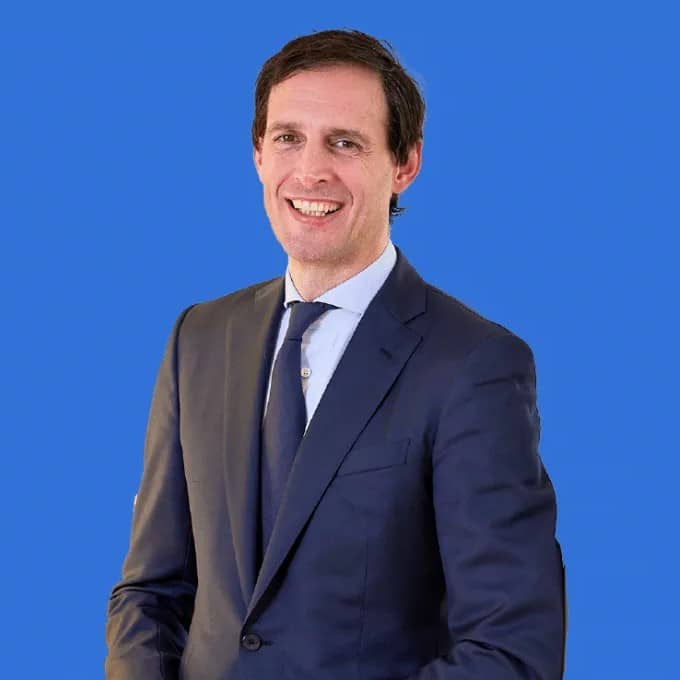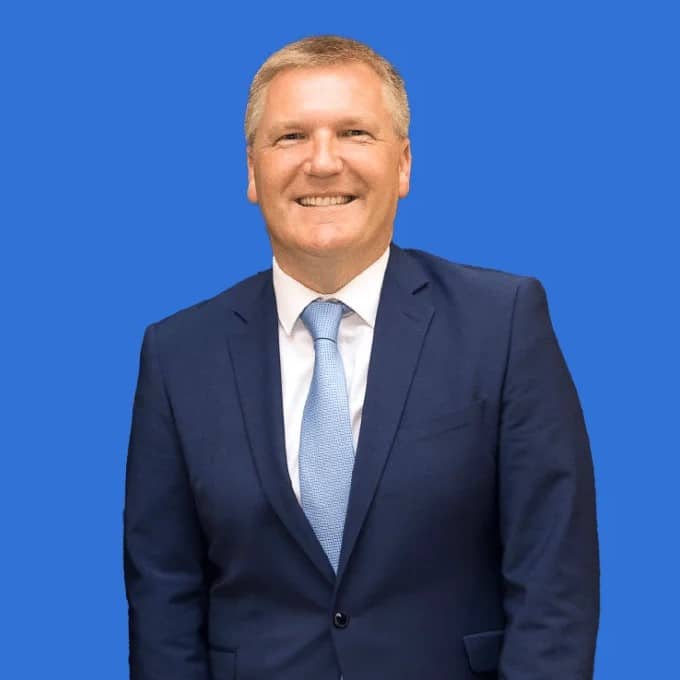Over five days, the European Parliament organized 27 hearings to examine the positions of the 27 designated European Commissioners. Michael McGrath, Maria Luís Albuquerque, Wopke Hoekstra and Teresa Ribera Rodriguez were notably asked to comment on topics such as the implementation of the Corporate Sustainability Due Diligence Directive (CSDDD), the fight against greenwashing, and the role of private financing in the ecological transition. Reclaim Finance reviews the responses and silences of the candidates, which offer valuable insight into the direction the European Commission could take regarding sustainable finance.
Every five years, before each new College of European Commissioners takes office, the European Parliament is required to hold hearings for the designated Commissioners and vote on their nomination. These hearings allow Members of the European Parliament to assess the candidates’ competencies and visions for their future portfolios. This step is often a formality but is facing unprecedented political pressure this time, particularly on climate-related issues.
Reclaim Finance sought to understand the vision of the relevant commissioners on climate and means to finance the transition. While Teresa Ribera Rodríguez and Wopke Hoekstra did not have the opportunity to express themselves extensively on topics related to private financing of the transition or remained vague, Maria Luís Albuquerque and Michael McGrath provided important clarifications.
The recent hearings of European commissioners reveal a timid and insufficient approach to the challenges of financing the ecological transition. Without the full and complete involvement of the European Commission in redirecting financial flows, the European Union will not be able to meet its needs and thus achieve the climate objectives it has set for itself. As it stands, the persistent lack of political will, coupled with a relative absence of issues related to private finance and its effects on the climate, does not allow us to view the next five years with serenity.







